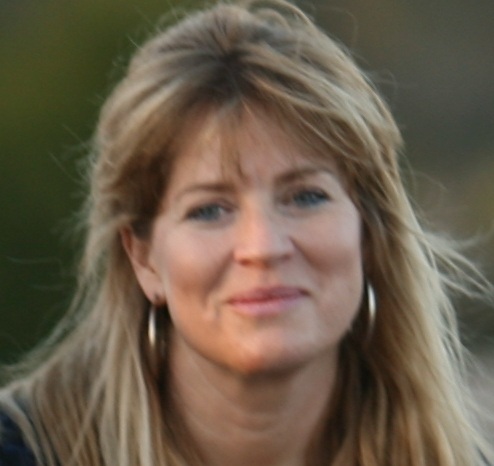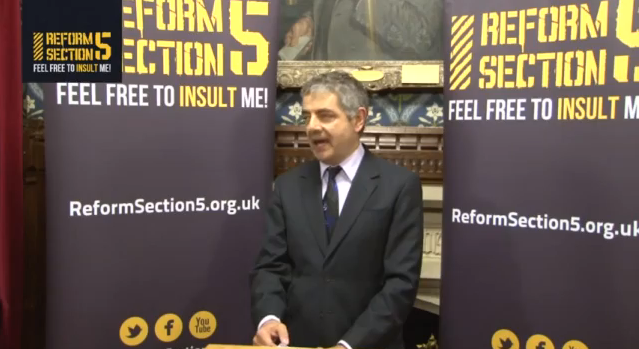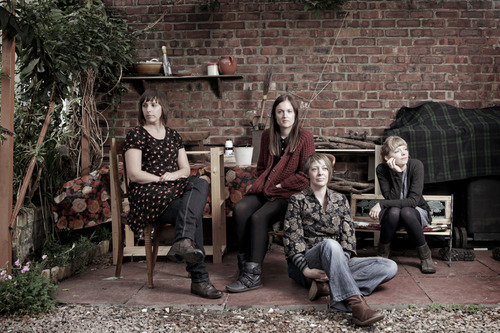We had the pleasure of doing both a review and interview with Alexandra. You can check out the review here, and read on for the interview.
It is quite a brave thing to open a novel with the appearance of a blood-soaked tampon. At any point did you worry that it would put readers off? Or did you feel that the right reader for this book would not be shaken by a bit of blood?
I still worry about it!! And, yes, I’ve had people tell me they were a bit shocked with that opening but it has a purpose. There is a very specific reason for that opening. . . I mean, besides being disgusting.
Pollution and environmental issues are clearly very important to you and the book depicts some quite harrowing consequences of pollution. Do you think that Damaged Goods will be an eye-opener for many people and increase awareness?
This is my dream. This is what I want more than anything. When The Writer’s Coffee Shop accepted my manuscript, I sent them a note thanking them … not as an author but as a mother and concerned (scared) citizen. It means so much to me to get this story out and make people realize what is happening to our own communities, our children! It’s crazy. I’ve lived all over the world and I would never have imagined that cranking out cancer causing chemicals, DNA changing agents would be allowable in this country. It blows my mind.
The support of a strong group of women is very important for Joanna and Brianna in particular. Was this friendship an aim from the start, or did it develop as you started writing?
That is such a great question! I knew that Joanna would find friends but I never imagined the kind of bond they would form. These women love and adore each other. I had so much fun with them and was actually sad when it was all over.
Rape and domestic abuse are among some of the issues that are covered. At any point did you worry that you were including too many difficult issues in the story and how did you fit them together so that they weren’t overwhelming?
Ohhhhh, baby! Welcome to my town. This is real life. You know, I always tell people that when I read a book and there are only four or five characters and one theme, it doesn’t feel real to me. Not real life. Think about your own life. You know so many different people with so many different issues going on in their lives. Yes, it can be overwhelming. LIFE can be overwhelming. I have gay and straight friends, a family friend going through chemo, another friend who has an abusive husband (and I secretly plot when I can don my ninja suit and beat the crap out of him in a parking lot one day), teenager issues with one daughter and hormones kicking in for my son. My horse is going through rehab and I have a starving kitten I’m trying to befriend and I’m only getting started. I think my life is pretty nutty until I go into town and one of my students (at the gym) tells me her mom was arrested last night. What?!? There is no other way to portray a small, kooky town but to expose all of its chaos and glory.
Each of the women in the friendship group has a very strong personality, but you didn’t write from the perspective of all of them. How did you choose which of the women to write through and why?
Ahh! Another great question. Joanna was easy. As the new person in town, she was used to highlight the chaos. It was overwhelming for her. To the others, it was just another day in Marcus but for Joanna, the beer-swilling emu, the health threat, the illegal immigrants and prejudice, the small town politics and the madness of Jeanie Archer were shocking. Suzette’s character is very dear to me as she is a real person. Much of what you read about Suzette is true and so when I began to write, she just popped out in the first person. I knew of no other way to present her. And Dixie is sort of the straight man – pardon the expression – to Jeanie. These women balanced everyone and everything around them.
You’ve created a lot of complex and over-lapping conflicts in the book. Did you find it hard to write them without confusing the reader?
ALL PRAISE THE EDITING STAFF OF TWCS!! Yes! I had to make notes to myself to keep track of people and even then I would get emails from the editors asking me what in the blue blazes I was doing. I HAVE NO IDEA! ARGHHH! MARCUS IS A MADHOUSE! You can never have a doctor, a dentist or an editor that is too good.
Throughout the story I was keen to keep turning the page. What is your favourite technique for keeping the reader hooked?
Lots and lots of coffee. No. Seriously, my characters just took over. Because much is based on real life and real people, I was often just swept into their world.
Where do you find the inspiration for the wild characters you create, such as the one-legged big cat lover and the stripper-turned-Mormon?
I know them!!!
The ending of the story is left open. Will there be a sequel?
This is the best question ever. Yes. I would very much like there to be a sequel because, like in real life, this fight is far from over. I would love for there to be a sequel in which my characters could live through a resolution. But it is far more likely that my characters will be engaging in yet another battle. And like the women I know in real life … they don’t give up easily.





